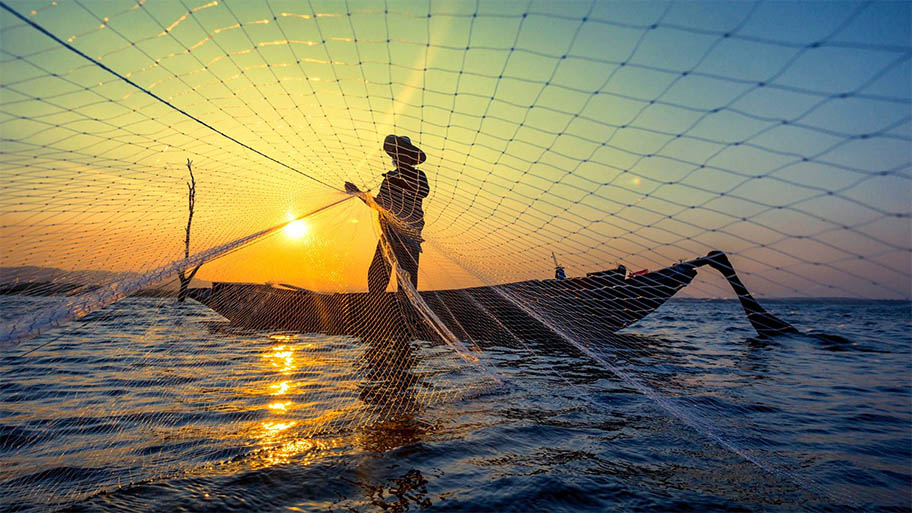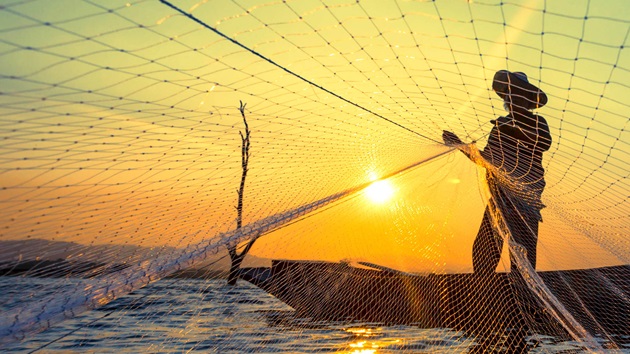The Marine Stewardship Council has announced awards totalling nearly US $1 million to 22 fisheries and projects in 12 countries to accelerate sustainable fishing and ocean conservation globally.

Part of the MSC’s Ocean Stewardship Fund (OSF) provides grants ranging from $6,500 to $68,000. These grants are awarded to fisheries, scientists, NGOs and students to undertake innovative research and develop new technology with the aim of improving sustainability at sea.
Satellite tagging stingrays, translocating sea urchins and developing deep-sea cameras are just some of the projects receiving funds this year.
At least half of the grants (US$459,000) will support fisheries in developing economies, such as Indonesia, Mexico and India, that are transitioning to sustainable practices.
Many of this year’s grants focus on tackling concerns about the loss of ocean biodiversity. They will drive improvements that help protect endangered, threatened, or protected species or vulnerable marine ecosystems.
One such grant will enable the MSC certified SATHOAN artisanal bluefin tuna fishery to investigate the long-term impact of releasing stingrays accidentally caught on longlines back into the ocean. Using satellite tagging technology in the Mediterranean, 38 stingrays will be tagged and their survival after their release will be monitored. The project will also help uncover more information about their biology and ecology, as well as validate visual sightings recorded on the company’s ECHOSEA smartphone application.
Another project will receive funds to develop an underwater camera to assess the impact of Australian West Coast crab fishery crab traps on remote deep-sea habitats. The cameras will be illuminated and automated and will be designed to withstand high pressure down to 1,000 metres.
Dr Jason How of the Department of Primary Industries and Regional Development, Western Australia, which helped fund the project, said: "With a fishery operating at such depth, determining what is happening on the bottom is extremely difficult and expensive for industry.
"This funding will help in developing a system which is low-cost and simple to use, and that can allow an expansion in our knowledge of deep-water systems around the world."
A grant will also support research led by the Autonomous University of Baja California (UABC) in Mexico into whether translocating red sea urchins to areas with more kelp will help stocks to recover. Urchins rely on kelp forests for food, but many have declined as a result of warming waters. The research will assess whether urchin populations are improving and investigate any negative impact their translocation might have on the wider ecosystem.
The MSC’s Ocean Stewardship Fund redirects 5% of its annual royalties from the sales of MSC certified sustainable seafood to improve the sustainability of fisheries globally. The fund is also expanding in scope and reach this year, as it opens up to third-party donations from funders. The Swiss philanthropic organisation, the MAVA Foundation (MAVA), will provide funds to undertake a stock analysis of blue and red Palamòs shrimp in the North West Mediterranean. The project will support the Palamos red shrimp trawl to improve sustainable fishing methods in its goal to achieve MSC certification.
Since its establishment in 2019, the fund has issued 64 grants totalling USD$2.8 million.
Discover all the 22 Ocean Stewardship Funded impact projects being supported this year.


